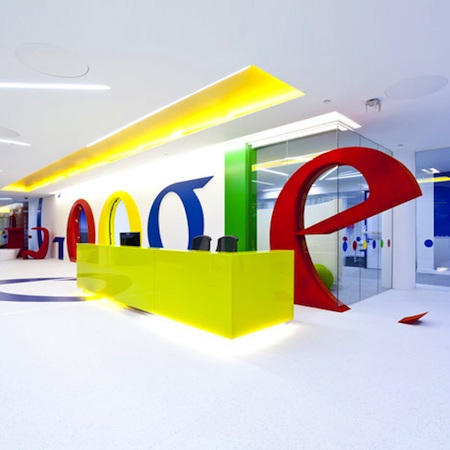Google Reader Demise Rued By Former Boss

The former product manager of Google Reader has opened up about the controversial decision to axe it
Google’s decision to end its 8-year-old Google Reader RSS news reader service continues to provoke debate, after its former product manager opened up about the move.
Indeed, the former Google executive claimed the project wasn’t given the proper resources to grow and thrive during its run.
Missed Opportunity
Brian Shih, who served as product manager for Google Reader from September 2008 to July 2011, called Google’s 13 March announcement that it is ending Reader as of 1 July a “missed opportunity,” according to a report by Forbes.
Shih, who joined Google in September 2007 as a product manager for Google Gadgets and infrastructure and departed in July 2011 as the product manager for Google Finance, told Forbes that “If we had been given more freedom in terms of thinking about solving the problem of information overload across multiple sources, I think there would have been a lot of potential there.”
 In hindsight, said Shih, he didn’t stress those capabilities to Google’s leaders, instead emphasising Reader’s “usefulness as a mechanism to centralise data,” according to the report. “Our pitch was just about the plumbing,” he told Forbes.
In hindsight, said Shih, he didn’t stress those capabilities to Google’s leaders, instead emphasising Reader’s “usefulness as a mechanism to centralise data,” according to the report. “Our pitch was just about the plumbing,” he told Forbes.
Shih said he’s not sad that Reader is being shut down, adding, “What I’m more sad about is the missed opportunity.” Reader could have become a more important and useful tool for users to help them deal with the information overload of the Internet.
Google could have even pushed Reader as a mini R&D lab for Google’s social initiatives, he told Forbes.
Shih did not respond to an eWEEK request for an interview about his views on Reader.
Controversial Decision
When Google announced the end of Reader, the company cited declining usage of the service. Fans of the news and information aggregation service, however, were quick to criticise Google’s decision, with at least one online petition collecting almost 50,000 signatures within 24 hours of its creation on Change.org. Several other petitions also were created and gained signatures by the hour. The company said it was dropping Reader as part of an occasional house-cleaning program so it could focus on more popular and useful projects.
Users will be able to retain and transfer their Reader data, including subscriptions, to other services using Google Takeout, but the shutdown has been widely criticised online since the announcement.
In a 17 March post on his personal blog, Shih wrote that he had begun using Reader in November 2005, about a month after it was launched, and he was hooked after converting over from Bloglines.
No Chance
“When I joined Google in 2007, Reader was the product I wanted to work on more than anything else, and I was fortunate enough to be able to work with the amazing team before it was put into maintenance mode in 2010,” he wrote in his blog.
That move to maintenance mode happened, he wrote, because Google didn’t give Reader the financial and people resources that it would have needed to make it feasible long-term. “Calling Reader a niche product isn’t an argument against Reader, it’s an argument against the staffing and support it received throughout its life,” he said.
That, wrote Shih, was a core problem with Google’s Reader strategy. “I’ve always been confused why a company with the mission to ‘organise the world’s information and make it universally accessible and useful’ never valued a product that did that on very personal level,” he wrote. “Particularly in a world of increasing information overload, a product designed to take in a variety of sources and present them efficiently and cleanly certainly seems like it would provide value.”
Shih wrote that he was philosophical about Reader’s demise.
“In the end, there isn’t much to say about the decision itself,” he wrote in his post. “Google’s effort to focus makes a lot of sense, and killing a product that wasn’t doing anything fits that, even if it was a self-inflicted stagnation. I think a lot of people’s frustrations are stemming from feeling like Reader was (to them) such an obviously useful and beloved product, and an accompanying sense of outrage and confusion over why Google doesn’t understand that.”
Meanwhile, he wrote, “I’ve known that Google either hasn’t understood or cared about Reader for years. I’m less sad for the loss of a product that I loved, and more for the loss of what it could have been, given the proper investment. The bright side is that there are now lots of people out there thinking (and working) on that future. Let’s just hope they don’t get acquired by Google.”
Other replacements are out there for getting the news and blog feeds that are provided by Google Reader, but they may not satisfy users who love the simple and easy-to-use format of Reader. Options include Feedly, NewsBlur, Pulse and The Old Reader.
Let us probe your knowledge of Google. Try our quiz!